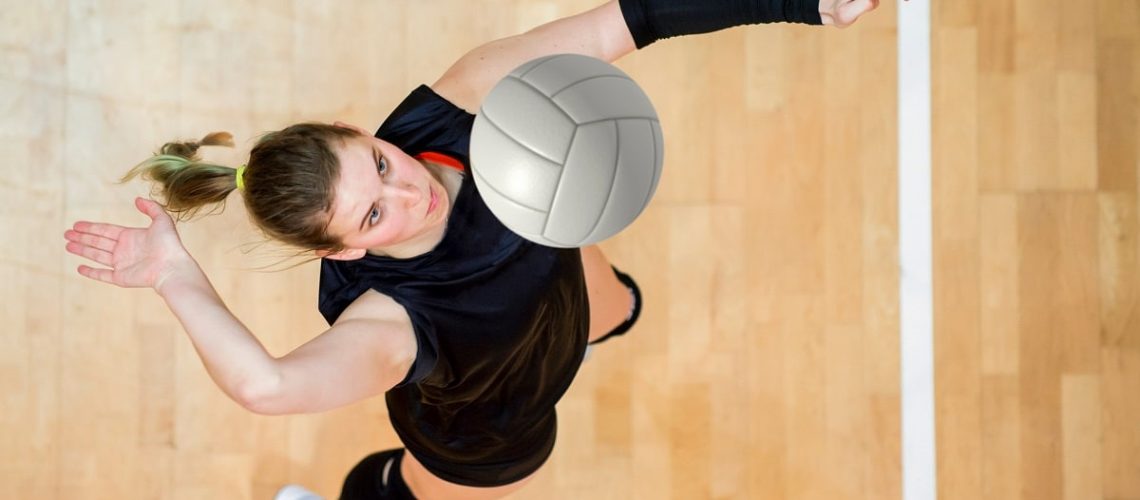The San Jose State University (SJSU) women’s volleyball team has become the focal point of a growing controversy over the inclusion of a transgender athlete, Blaire Fleming. The situation has led several opposing teams to forfeit matches, including high-profile teams such as Boise State and Utah State. These forfeits highlight ongoing tensions surrounding transgender athletes’ participation in college sports, raising questions about fairness, inclusivity, and NCAA policies.
The Series of Forfeits
The issue first gained national attention when Boise State’s volleyball team decided to forfeit a scheduled match against San Jose State in late September 2024, citing concerns over fairness and the participation of Blaire Fleming. Boise State’s decision was followed by a similar forfeiture from Utah State and other teams in the Mountain West Conference, marking a string of protests against Fleming’s inclusion on the team.
According to Outsports, this marked at least the fourth time this season that an opponent has opted to forfeit rather than compete against SJSU. The decision by these teams has raised significant concerns among athletic officials and has become a key flashpoint in the broader debate over the inclusion of transgender athletes in competitive sports.
NCAA Policies and the Debate Over Fairness
The controversy surrounding Blaire Fleming reflects a broader national debate over the role of transgender athletes in sports, particularly in women’s leagues. Under NCAA guidelines, transgender athletes can compete in women’s sports after completing one year of testosterone suppression treatment. However, this policy remains controversial, with critics arguing that transgender women retain certain physical advantages even after hormone therapy.
Boise State’s athletic department has not publicly commented in detail on their decision to forfeit, but similar moves by other teams have generally been framed as concerns over competitive fairness. Many coaches and players have expressed unease about playing against transgender athletes, particularly in sports like volleyball where height, strength, and speed can be decisive factors.
“We want fairness in sports, especially for women who have worked hard to compete at this level,” said one unnamed coach familiar with the situation. “The NCAA’s current policies don’t seem to account for those concerns, and that’s causing tension across many teams.”
Support for Blaire Fleming and Inclusivity
Despite the forfeits and the controversy, there has been vocal support for Blaire Fleming and her right to compete. LGBTQ+ advocacy groups and some athletes have pointed out that denying transgender athletes the opportunity to participate is a form of exclusion that reinforces harmful stereotypes about transgender individuals.
Kelley Robinson, president of the Human Rights Campaign, emphasized that transgender athletes deserve the same opportunities as any other student-athlete. “This isn’t just about volleyball—it’s about the right of all athletes to participate in sports regardless of their gender identity,” said Robinson. “Transgender women are women, and the policies in place ensure fairness while promoting inclusion.”
San Jose State University itself has not treated the forfeited matches as victories and continues to maintain that its players, including Fleming, have followed all NCAA rules regarding athlete eligibility. “San Jose State supports the inclusion of all athletes who meet the eligibility requirements set forth by the NCAA, and that includes transgender athletes,” a spokesperson for the university said in a statement. “We will continue to foster an environment of inclusivity and respect for all our players.”
Broader Implications for College Sports
The issue of transgender participation in sports is one that extends far beyond volleyball. Across the U.S., there has been increased scrutiny of the policies governing transgender athletes, with multiple states introducing legislation aimed at banning transgender women from competing in women’s sports.
Supporters of these bans argue that transgender athletes have an unfair advantage that undermines the integrity of women’s sports. Opponents, however, see these measures as discriminatory and harmful, particularly for young transgender individuals seeking community and inclusion through athletics.
The NCAA has come under pressure from both sides of the debate, with some advocating for more stringent rules and others calling for stronger protections for transgender athletes. For now, the current rules allow transgender women to compete in women’s sports after a year of hormone therapy, but the ongoing debate suggests that these policies may face further scrutiny and possible revisions in the future.
Looking Ahead
As the debate continues, Blaire Fleming’s participation on the SJSU volleyball team remains a potent symbol of the ongoing struggle for transgender inclusion in sports. For now, SJSU remains committed to supporting Fleming and her teammates, even as opposing teams continue to forfeit games in protest.
For many, the situation at San Jose State is emblematic of the larger cultural clash over transgender rights in the U.S. As the 2024 volleyball season progresses, it is clear that the tension surrounding transgender athletes in sports is unlikely to dissipate anytime soon. The decisions made by the NCAA and athletic departments across the country will have lasting implications for how sports evolve in terms of inclusivity and fairness.
Featured Image Credit: Shutterstock /sportoakimirka.
This post first appeared on Pulse of Pride.

